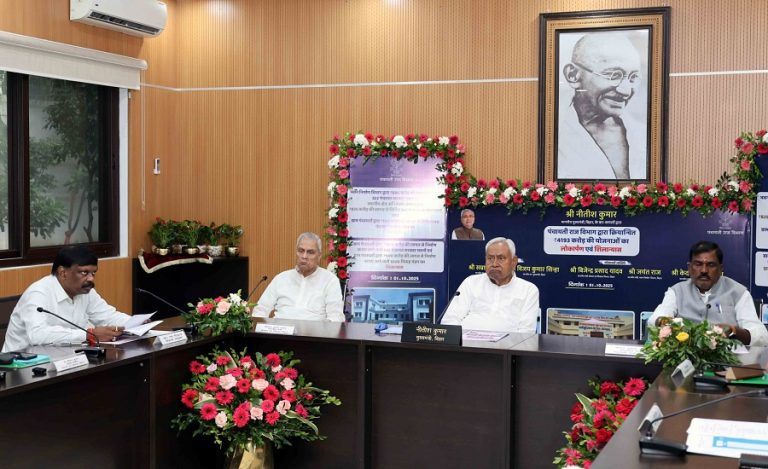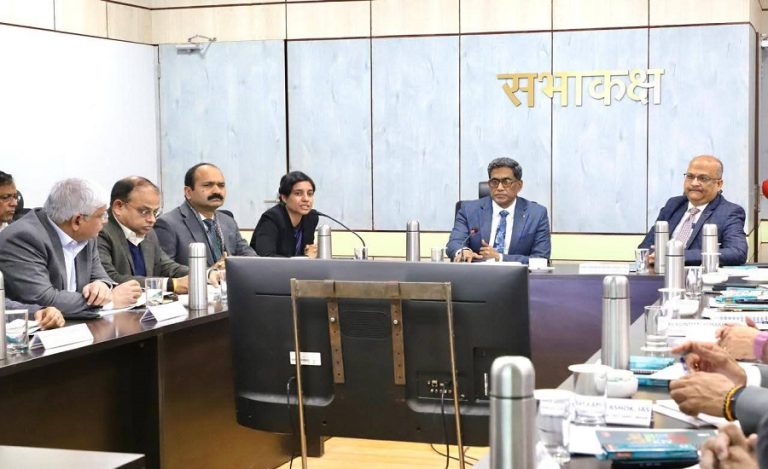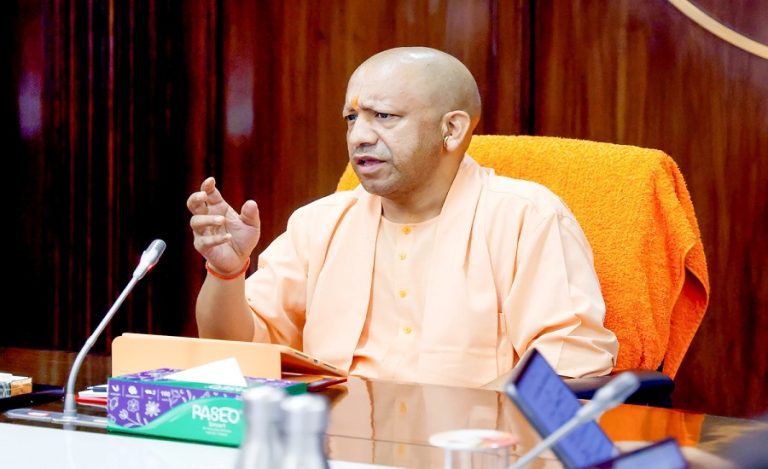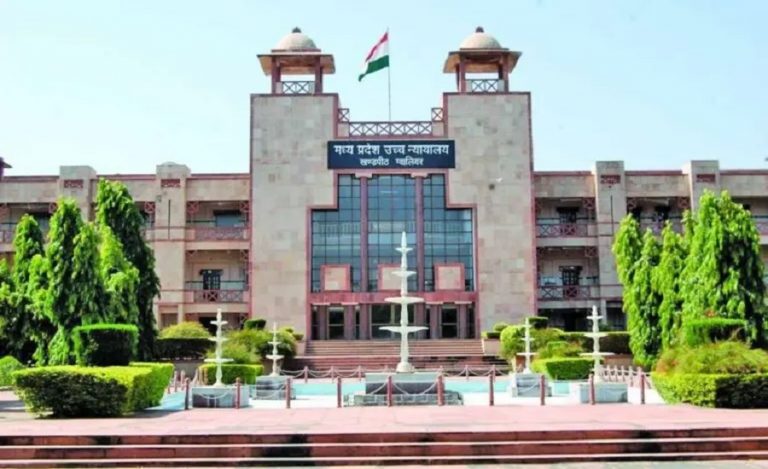New Delhi: The Supreme Court on August 14 sharply criticised the Madhya Pradesh High Court for continuing to hear a case concerning alleged irregularities in paramedical colleges’ recognition and admissions, despite a stay order issued by the apex court.
A Bench of Chief Justice of India B.R. Gavai and Justice Vinod K. Chandran was hearing an appeal by the Madhya Pradesh Paramedical Council against the High Court’s July 16 order in a petition filed by the Law Students Association. That order had halted recognition and admissions for several paramedical colleges and directed university inspections.
The controversy began after allegations that the Council had granted retrospective recognition to many institutions for 2023–24 and 2024–25, allowing student admissions before official approval. The matter emerged during a broader “nursing college scam” probe, which found hundreds of nursing institutions unfit, yet paramedical colleges from the same premises remained operational.
Earlier SC Order Allowed Admissions to Continue
On August 1, the Supreme Court had stayed the High Court’s order, permitted admissions to continue, and questioned how law students with no direct stake could initiate such litigation.
Despite this, Senior Advocate Mukul Rohatgi, representing the Council, told the Bench that the High Court had “completely ignored” the stay and continued passing fresh orders in the case.
“Your lordships stayed the main order by the High Court; it still proceeds. It is passing fresh orders. The impugned order today is a new order in the same matter proceeding further and further at the instance of these law students. They have no concern. This is disrespect to the honour of this Court. This is not how the High Court should function,” Rohatgi argued.
Also Read: Supreme Court Pushes J&K Statehood Hearing to October, Citing Security Concerns After Pahalgam Attack
“I Am Shocked” – CJI Reacts to HC’s Approach
Rohatgi further pointed out that the High Court itself had recorded in its order that the Supreme Court had granted a stay, yet continued hearing the matter. “They have recorded in the order that the Supreme Court has granted a stay. But they say ‘no harm in proceeding’ and proceed. I am shocked. This is not the way… I am at a loss of words,” he said.
The Supreme Court Bench expressed concern at the High Court’s conduct. “We are surprised at the manner in which the High Court has proceeded to pass the impugned order. Even after noticing that this Court is seized of the matter, and has stayed the order of the High Court in the said proceedings, the High Court has proceeded further to hear the matter,” the judges observed.
Judicial Propriety Must Prevail
Clarifying constitutional boundaries, the Court noted that while High Courts are not administratively subordinate to the Supreme Court, judicial propriety requires them to refrain from hearing matters when the apex court is already seized of the case.
“Both the High Courts and the Supreme Court are organs of the Constitution. However, as a matter of judicial propriety it is expected of the High Court that when this Court is seized of a matter and has stayed an earlier order of the High Court, it should not have proceeded with the hearing of the matter,” the Bench recorded.
The Supreme Court stayed not only the High Court’s latest order but also all further proceedings in the case. When opposing counsel sought time to file a counter affidavit, CJI Gavai questioned how such conduct by the High Court could be justified.
Also Read: Supreme Court Questions NHAI’s Toll Collection Amid Neglected Paliyekkara Highway and Traffic Jams




























